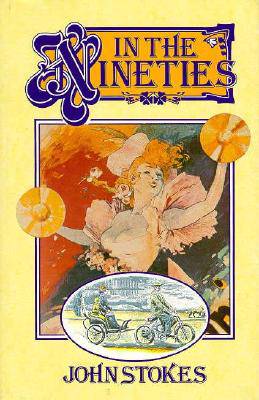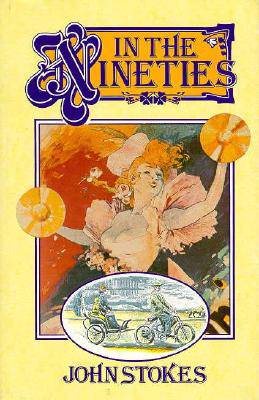
- Retrait gratuit dans votre magasin Club
- 7.000.000 titres dans notre catalogue
- Payer en toute sécurité
- Toujours un magasin près de chez vous
- Retrait gratuit dans votre magasin Club
- 7.000.0000 titres dans notre catalogue
- Payer en toute sécurité
- Toujours un magasin près de chez vous
Description
John Stokes's lively study is an exercise in interdisciplinary criticism inspired by the decade it observes, the decade of Wilde, Shaw, Beardsley, and Sickert. No longer dismissed as merely transitional between the Victorian and the Modern, the 1890s have now come to be recognized as unique--a period of dramatic engagement between high culture and popular forms, one medium and another, art and life. Spurning fixed boundaries, Stokes relates the controversial topics of the day--the status of the New Journalism, the degenerative influence of Impressionist painting, the dubious morality of the music hall, the urgent need for prison reform, and the prevalence of suicide--to primary literary texts, such as The Ballad of Reading Gaol, The Importance of Being Earnest, Jude the Obscure, and Portrait of a Lady. And in the process, he explores crucial areas of sociological and psychological interest: criminality, sexuality, madness, and morbidity. Each of the book's six chapters opens with a look at the correspondence columns of daily newspapers and goes on, with a keen eye for the hidden link, to pursue a particular theme. Locations shift from Leicester Square and the Thames embankment to the Normandy coast and the Paris morgue and feature, along with famous names, a lesser known company of acrobats, convicts, aesthetes, philistines, and mysterious suicides. Nearly a century later, John Stokes's unrivalled knowledge of how the arts actually functioned in the nineties makes this book a major contribution to modern cultural studies.
Spécifications
Parties prenantes
- Auteur(s) :
- Editeur:
Contenu
- Nombre de pages :
- 222
- Langue:
- Anglais
Caractéristiques
- EAN:
- 9780226775388
- Date de parution :
- 23-10-89
- Format:
- Livre relié
- Format numérique:
- Genaaid
- Dimensions :
- 154 mm x 236 mm
- Poids :
- 408 g

Les avis
Nous publions uniquement les avis qui respectent les conditions requises. Consultez nos conditions pour les avis.






